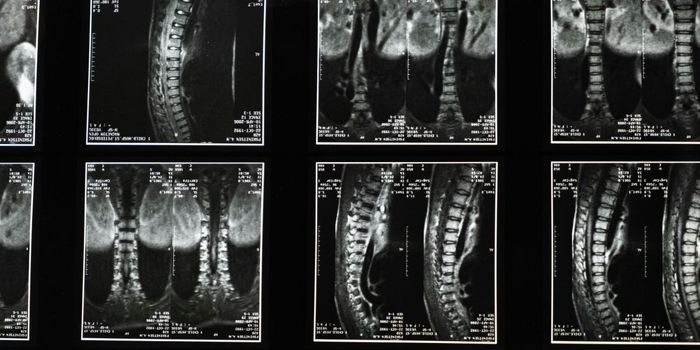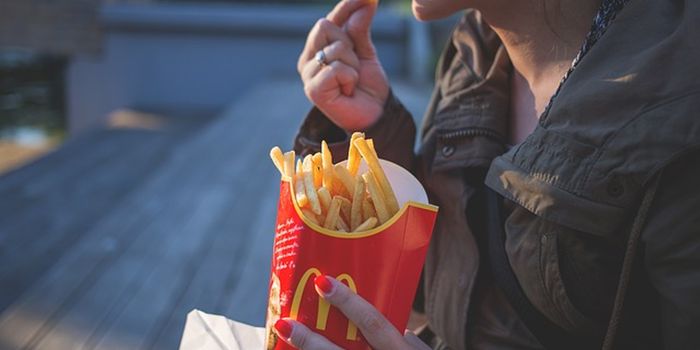Why Is Good Nutrition Advise So Hard to Come By
Nutrition advice seems to come from everywhere. Exposure to this advice, one is likely to find endless examples of conflicting information. This happens for a variety of reasons and is influenced by a widespread of factors.
One such factor is that diets change over time. People today consume a very different diet than did their parents or grandparents. Many of the nutritional concerns of old have been mostly resolved. Conditions like scurvy and rickets were found to have links between them and specific nutritional compounds.
These conditions were each caused by deficiencies. Today, nutritional concerns are much less clear-cut. Deficiencies in modern diets are rare, and conditions generally have multiple factors contributing. Some modern dietary concerns with multiple influencing factors include diabetes, heart disease, and obesity.
The second reason that nutrition is notoriously misunderstood is that it is impossible to conduct a perfect nutritional study. Ideally, for such a study, participants would live in a laboratory for a decade or so. They would all be fed identical diets, but one group would be fed the food or compound being studied.
This group would not know that they were receiving the food in question to avoid any placebo style effects. The food would be added in an unnoticeable way, for example, mashed into another food.
Researchers would also be unaware of who is receiving the compound in question, allowing for unbiased, double-blind conditions. Additionally, participants would be barred from tobacco or alcohol use and be required to exercise in equal amounts. It is easy to see why such a study is incredibly unlikely.
This leaves researchers to use observational studies to look for links between a person’s diet and their current or future health. These studies, as they rely on self-reported data, are far from perfect. Not only may a person’s recall be imperfect, but persons reporting may also purposely neglect to mention certain dietary choices, like an entire sleeve of Girl Scout cookies.
Lastly, nutritional research is largely influenced by industry. While there is a clear issue with research grants coming from food giants like Coca-Cola, this funding is often considered critical for conducting such studies.
The above video from Healthcare Triage looks into the flaws of one nutritional study to exemplify how even the best-intended journals promote, which is effectively, bad science.
Sources: Public Library of Science, Healthcare Triage, Science Alert










